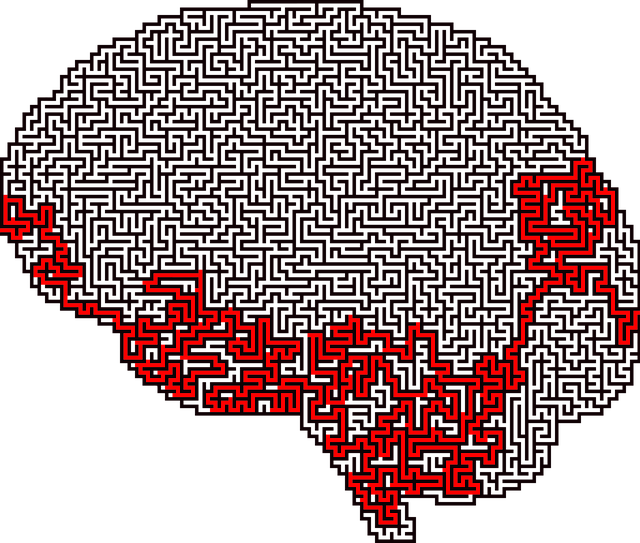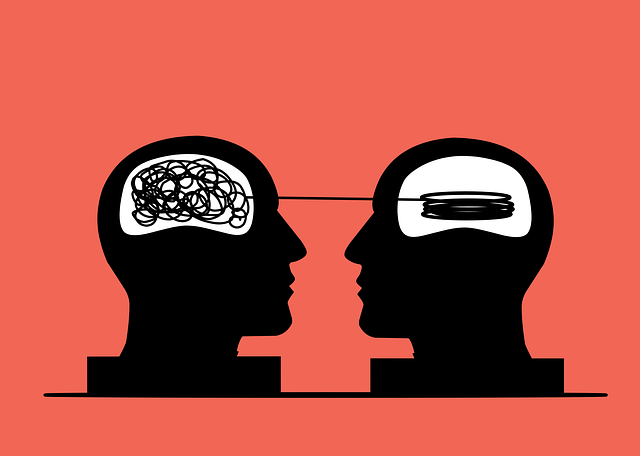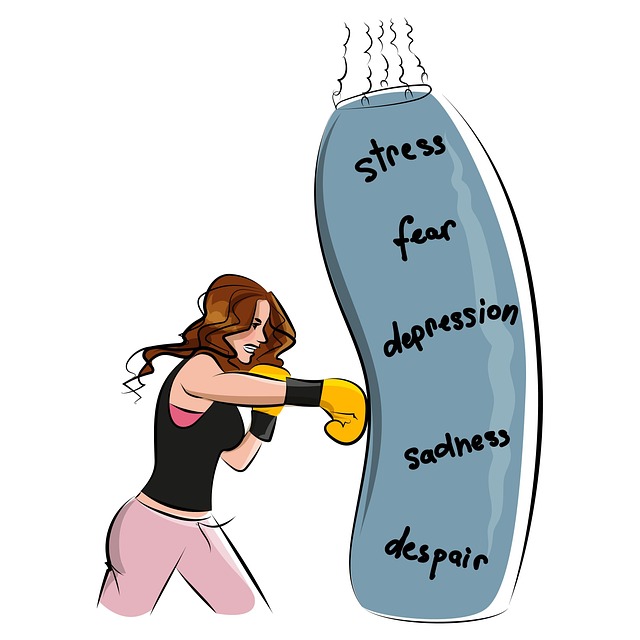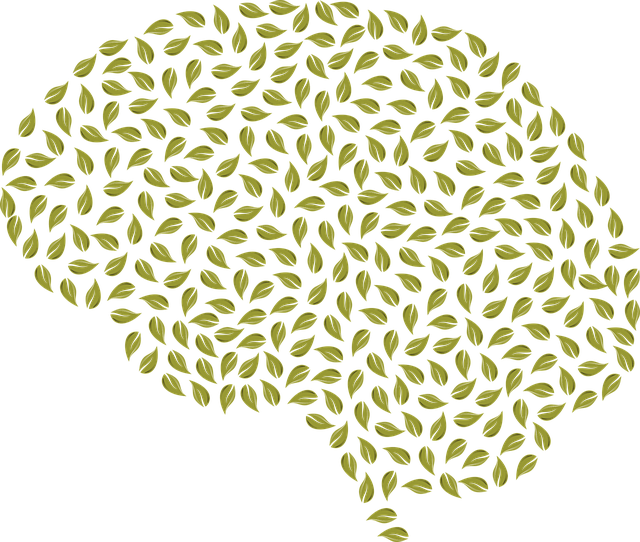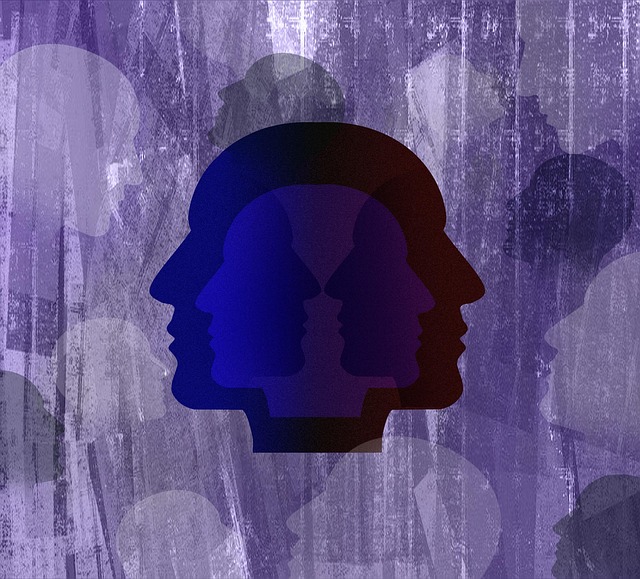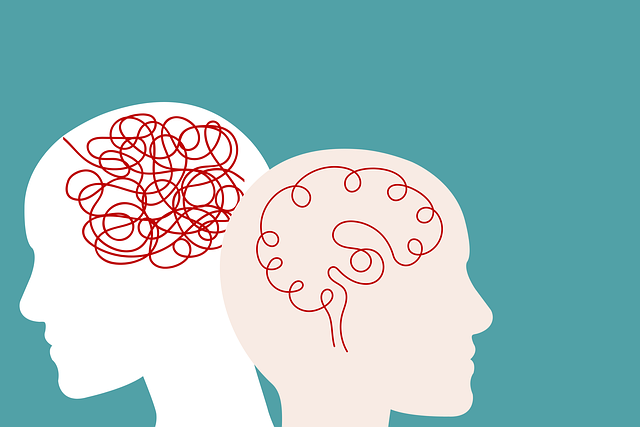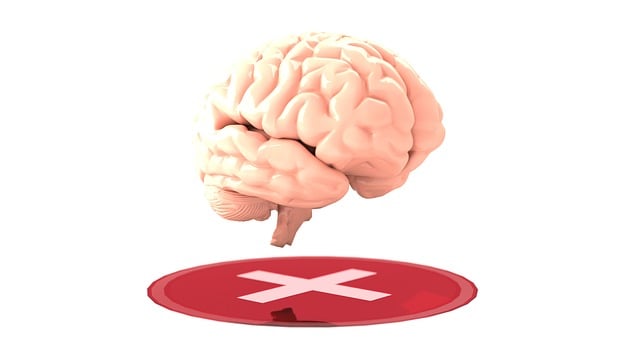In today's diverse healthcare landscape, cultural competency is vital for medical professionals serving communities like vibrant Greenwood Village. Understanding patients' cultural backgrounds enhances trust, open communication, and patient satisfaction. Greenwood Village Play Therapy offers an innovative approach to training mental health professionals in cultural sensitivity through interactive play sessions, role-playing scenarios, and self-awareness exercises. By addressing biases and promoting inclusive practices, this program ensures personalized, effective care for diverse patients, aligning with the growing trend of mental wellness podcasts. Implementing comprehensive Cultural Competency Programs transforms healthcare delivery, improving patient outcomes and fostering an inclusive environment in Greenwood Village and beyond.
“In today’s diverse healthcare landscape, cultural competency is no longer an option but a necessity. This comprehensive guide explores the vital role of training in fostering equitable care. We delve into the significance of understanding cultural nuances and their impact on patient outcomes, highlighting innovative approaches like Greenwood Village Play Therapy’s sensitivity training methods.
From identifying biases to mastering cross-cultural communication, this article offers insights into effective strategies. Learn how implementing cultural competency programs can revolutionize healthcare delivery.”
- Understanding Cultural Competency in Healthcare: Why It Matters
- The Role of Greenwood Village Play Therapy in Cultural Sensitivity Training
- Identifying and Overcoming Biases in Medical Settings
- Effective Communication Strategies for Cross-Cultural Interactions
- Implementing Cultural Competency Programs: Best Practices and Benefits
Understanding Cultural Competency in Healthcare: Why It Matters

In today’s diverse healthcare landscape, cultural competency is an indispensable skill set for medical professionals. It involves understanding and respecting patients’ cultural backgrounds, beliefs, and values, ensuring that care aligns with their unique perspectives. This approach is particularly relevant in areas like Greenwood Village, where a vibrant community of varying ethnic and cultural origins thrives. By embracing cultural competency, healthcare providers can create inclusive environments fostering trust and open communication. This, in turn, enhances patient satisfaction and adherence to treatment plans.
Beyond improving patient outcomes, culturally competent care has profound implications for emotional healing processes. It encourages providers to consider the psychological impact of health issues within specific cultural contexts, promoting holistic well-being. Moreover, it facilitates self-care routine development for better mental health, empowering individuals to navigate their healthcare journeys effectively. The integration of community outreach program implementation as a strategic component can further strengthen these efforts, bridging cultural gaps and ensuring equitable access to quality care for all residents in Greenwood Village and beyond.
The Role of Greenwood Village Play Therapy in Cultural Sensitivity Training

Greenwood Village Play Therapy offers a unique and innovative approach to cultural sensitivity training within healthcare settings. Through interactive play sessions, therapists can facilitate conversations about diverse cultural backgrounds, beliefs, and values, fostering an environment where mental health professionals learn to navigate complex interpersonal dynamics. By engaging in role-playing scenarios, participants explore sensitive topics and develop strategies to provide culturally competent care, ensuring every patient receives respectful and tailored treatment.
This therapeutic method goes beyond traditional training methods by incorporating hands-on experiences that mirror real-world interactions. The focus on play allows for a safe space where professionals can address challenges related to bias, discrimination, and microaggressions, ultimately improving their ability to connect with clients from various cultural contexts. As the field of mental health continues to advocate for inclusive practices (Mental Health Policy Analysis and Advocacy), such creative training programs become indispensable tools in enhancing healthcare services for a diverse population.
Identifying and Overcoming Biases in Medical Settings

Identifying biases in medical settings is a critical step toward delivering equitable care. Health care providers, despite their best intentions, can hold unconscious biases that influence their interactions with patients from diverse backgrounds. These biases may stem from personal experiences, cultural norms, or societal stereotypes. For instance, a provider might unconsciously associate certain symptoms with specific ethnic groups due to limited exposure or misinformation. In Greenwood Village, play therapy has been utilized as an innovative approach to address these biases and foster inclusivity. By encouraging providers to explore their assumptions and engage in reflexive practices, such as regular self-awareness exercises, they can become more attuned to the unique needs of each patient.
Overcoming these biases requires a concerted effort to promote cultural competency within medical education and ongoing training. Regular workshops, community outreach program implementations, and peer discussions can facilitate resilience building among healthcare professionals. Encouraging positive thinking and open dialogue helps dispel myths and promotes an environment where diverse perspectives are valued. Ultimately, by acknowledging and addressing biases, healthcare providers in Greenwood Village can ensure that every patient receives personalized, culturally sensitive care, enhancing the overall therapeutic process.
Effective Communication Strategies for Cross-Cultural Interactions

Effective communication is a cornerstone of cultural competency, especially in diverse healthcare settings like Greenwood Village Play Therapy. When professionals from different backgrounds interact, understanding each other’s unique perspectives and communication styles can bridge cultural gaps. One powerful strategy is active listening, where providers give their full attention to patients, ensuring they feel heard and understood. This involves non-verbal cues, such as maintaining eye contact and using appropriate body language, to convey empathy and engagement.
In the context of mental health care, these communication techniques are crucial. Encouraging open dialogue about cultural beliefs related to mental wellness can foster trust. For instance, integrating questions about a patient’s self-care routine development for better mental health demonstrates respect for their personal practices. This approach aligns with the growing trend in mental wellness podcast series production, where diverse communities share their experiences and insights.
Implementing Cultural Competency Programs: Best Practices and Benefits

Implementing Cultural Competency Programs is a game-changer for healthcare providers, especially in diverse communities like Greenwood Village where Play Therapy Therapy thrives. Best practices involve integrating cultural competency into every level of training, from initial education to ongoing professional development. This holistic approach ensures healthcare providers are equipped to deliver empathetic and effective care to a wide range of patients.
The benefits are significant; culturally competent care improves patient outcomes by fostering trust and open communication. It enhances Mental Health Awareness and Education Programs Design, enabling providers to better understand cultural nuances related to mental health. Moreover, such programs contribute to a more inclusive healthcare environment, reflecting the diverse communities we serve, ultimately strengthening the bond between provider and patient.
Healthcare provider cultural competency training, such as that offered by Greenwood Village Play Therapy, is essential in creating more inclusive and effective medical environments. By understanding cultural nuances, identifying biases, and adopting effective communication strategies, healthcare professionals can significantly improve patient care and outcomes. Implementing robust cultural competency programs not only benefits individuals but also fosters a more harmonious and compassionate society, ensuring that everyone receives respectful and skilled treatment.

